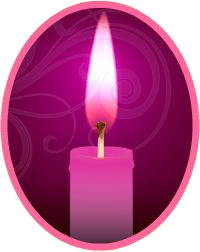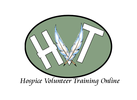"That's terrible," says Beth Lown, medical director of the Schwartz Center for Compassionate Healthcare at Massachusetts General Hospital, which commissioned the survey by Marttila Strategies in Boston. These patients "are orphans" in the hospital, she says.
Eighty-one percent of patients and 71% of doctors agreed communication made a difference in "whether a patient lives or dies," according to the survey of 500 doctors and 800 patients.
"So there's a disconnect between what people say they want and what's happening," says Gregory Makoul, chairman of the American Academy on Communication in Healthcare.
Emphasis on better communication has increased in recent years as the medical community has become more aware of its effect on patient healing. Since 1995, U.S. medical students have been required to get training in communication skills. And in 2005, the United States Medical Licensing Exam began to include testing on interpersonal and communication skills.
Communication skills and high patient-satisfaction scores can give hospitals a competitive edge as well as reduce malpractice claims, says Debra Roter, a professor at Johns Hopkins University in Baltimore.
';
Posted Updated
E-mail | Save | Print | '); } //-->
To report corrections and clarifications, contact Standards Editor Brent Jones. For publication consideration in the newspaper, send comments to letters@usatoday.com. Include name, phone number, city and state for verification. To view our corrections, go to corrections.usatoday.com. Guidelines: You share in the USA TODAY community, so please keep your comments smart and civil. Don't attack other readers personally, and keep your language decent. Use the "Report Abuse" button to make a difference. Read more.
I learned something new - the US Medical Licensing Exam began including testing on interpersonal and communication skills in 2005. 5 Years later, I think it's time to review the impact of these skills.








